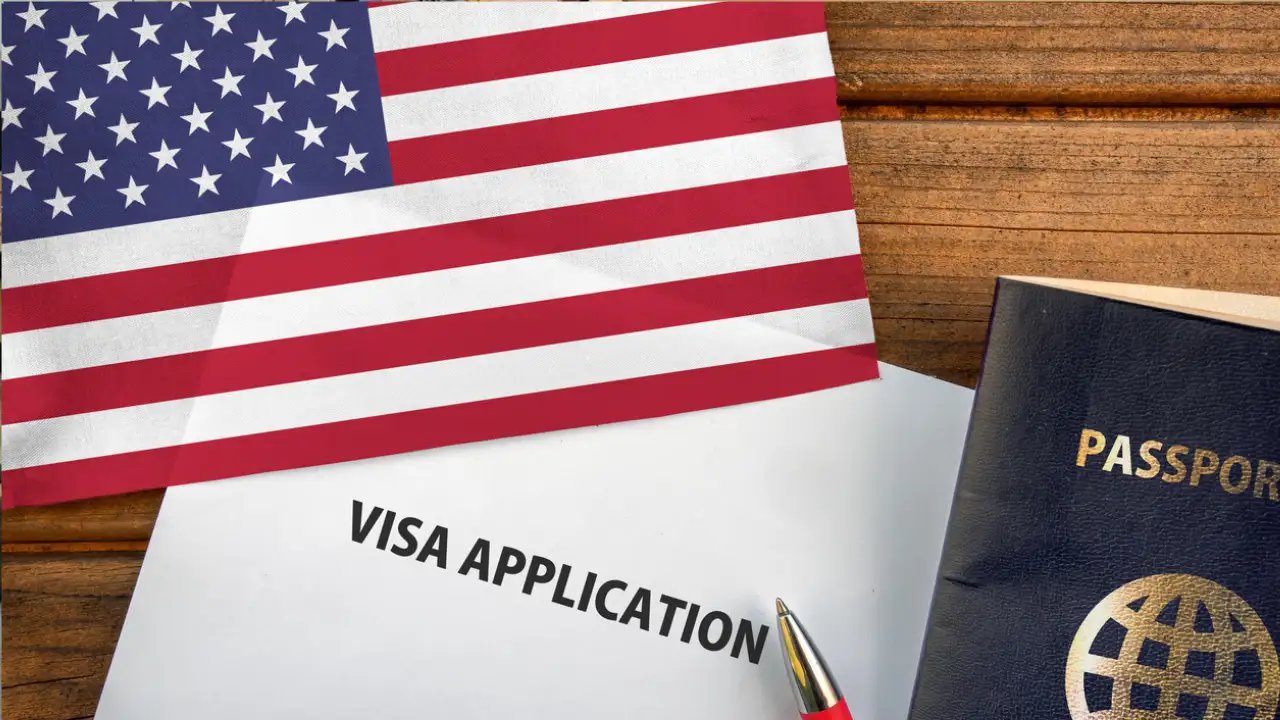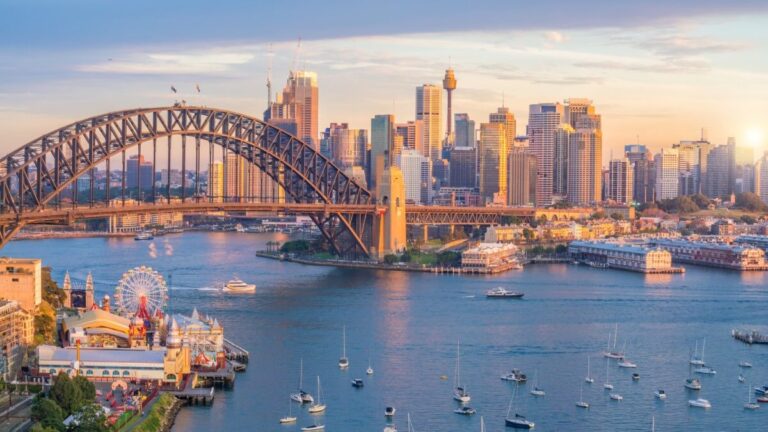Washington, D.C., July 25, 2025 — In a major policy shift announced today, the U.S. Department of State confirmed that starting September 2, 2025, most nonimmigrant visa applicants will no longer be eligible for interview waivers previously granted under a range of circumstances (Travel.gov).
Key Policy Changes
Under the new guidelines, all nonimmigrant visa applicants, including children under 14 and seniors over 79, will generally be required to attend an in-person interview at a U.S. consulate or embassy, except for a few narrow categories (Travel.gov):
- Holders of diplomatic or official visas, specifically visa types A‑1, A‑2, C‑3 (excluding personal employees of accredited officials), G‑1 through G‑4, NATO‑1 through NATO‑6, and TECRO E‑1.
- Applicants renewing a full‑validity B‑1, B‑2, or B1/B2 visa, or a Border Crossing Card/Foil (for Mexican nationals), within 12 months of the prior visa’s expiration, provided they were at least 18 years old when the prior visa was issued (Travel.gov).
Supervisory consular officers retain full discretion to require interviews on a case-by-case basis, even for otherwise eligible applicants (Travel.gov).
Background and Context
This update replaces the previous guidelines issued February 18, 2025, which allowed interview waivers for applicants renewing within 12 months in the same category (Travel.gov). It also supersedes a December 2023 directive that expanded waivers temporarily to certain H‑2 workers and B‑visa renewal applicants up to 48 months after expiry (Travel.gov, Wikipedia).
The tightening of visa waiver policy aligns with broader U.S. efforts to reinforce visa integrity following pandemic-era flexibility.
Impact on Applicants
According to media reports, the policy change will significantly affect H‑1B, L, F, J, and O‑1 visa applicants, among others—categories that previously benefited from interview exemptions—starting this fall (Boundless).
Experts warn that the rollback will introduce delays, as scheduling in-person interviews typically requires more time and may create bottlenecks at embassies and consulates worldwide (The Economic Times). International students and professionals planning to travel or work in the U.S. should begin preparations accordingly, including securing interview slots well in advance and ensuring all documentation is in order.
Additionally, some sources note the introduction of a new $250 “visa integrity fee”, aimed at reinforcing credibility in the visa process, may further affect applicants by increasing costs and administrative burden (The Times of India).
What Applicants Should Do Now
- Verify eligibility: Only certain visa categories still qualify for waivers.
- Prepare for interviews: Even those who meet criteria should be ready for an in-person adjudication.
- Monitor local consular guidance: Check embassy and consulate websites for specific instructions and wait times (Travel.gov).
The Department of State emphasizes that its policy is subject to annual review, but as of now, the September 2 changes represent the most restrictive stance on waivers since the pandemic-era adjustments (Boundless).




Leave a Comment